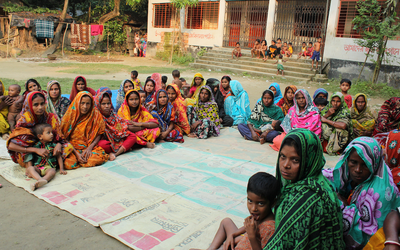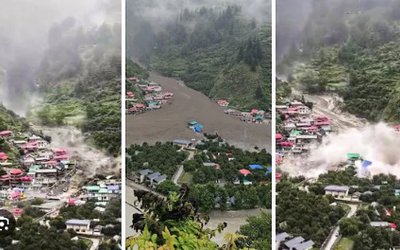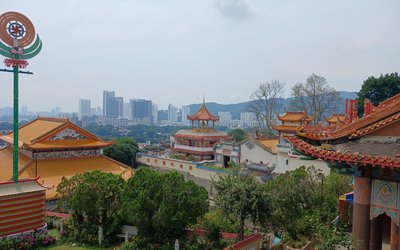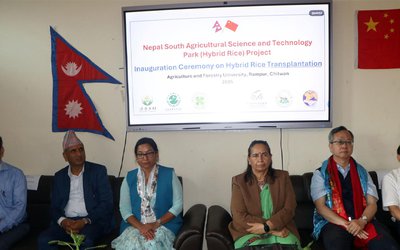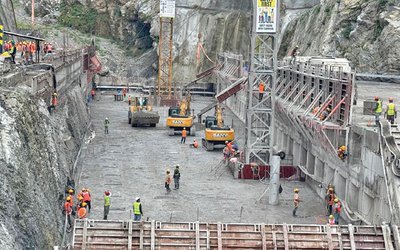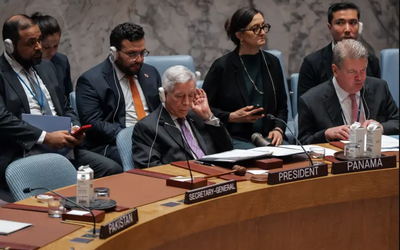Nepal is often seen as a country with limitations, sandwiched between India and China. But what if we changed our perspective? What if Nepal’s geography was not a hindrance but a valuable asset waiting to be utilized?
In a time of shifting regional dynamics and global uncertainties, Nepal's central location in Asia presents strategic opportunities. With the right vision, diplomatic efforts, and infrastructure investments, Nepal can transition from a passive player in geopolitics to an active connector and influencer in the region.
From Landlocked to Land-linked: The term "landlocked" has traditionally implied isolation and dependence on others. However, many development experts are promoting the idea of being "land-linked." Countries like Laos and Rwanda have shown that geographic challenges can be overcome through strategic investments and regional partnerships. Nepal, situated at a natural crossroads between South and East Asia, has a unique opportunity to emerge as a trade hub, cultural bridge, and diplomatic mediator.
Nepal's significant hydropower potential has the potential to impact regional energy dynamics. There is already an increase in energy collaboration with India and initial discussions with China. By utilizing its hydropower capacity and establishing fair, transparent energy-sharing agreements, Nepal can position itself as a clean energy supplier in a region seeking sustainable resources.
While progress on cross-border rail links and highways is slow, there is hope for the future. If Nepal can find a balance between infrastructure development, environmental protection, and political stability, it could create regional trade routes that boost its economy and promote greater interdependence between India and China.
Nepal has traditionally maintained a policy of non-alignment and neutrality. However, there is a distinction between neutrality and passivity. Effective diplomacy involves leveraging one's strategic position to facilitate dialogue, attract investments, and encourage regional cooperation. In a divided world, a strategically neutral Nepal could serve as a bridge-builder.
Instead of viewing Nepal's geography as a challenge, it should be seen as a strength. With the right policies and vision, Nepal can transition from a buffer zone to a bridge nation, connecting economies, cultures, and ideas across Asia.
- Climate Migration In Madhesh: Does Survival Mean Leaving Home?
- Jul 30, 2025
- Nepal's Migrant Workers in Gulf Crises: Caught in the Crossfire
- Jun 28, 2025
- Nepal’s Real Battle: Strengthening Democracy From Within
- Jun 09, 2025
- Beyond Policy: The Unfinished Fight For Women's Empowerment In Nepal
- Mar 12, 2025
- The Hidden Plight: Children In Agriculture And The Looming Shadow Of Hazardous Labor
- Jan 27, 2025

